I Laughed, I Cried, I Danced.
Chapter One, Part Four.
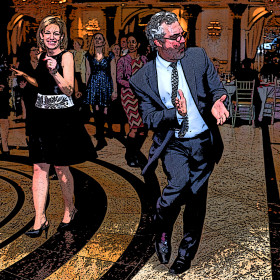 What is it about wine that has stirred the human spirit for so many centuries? Mountain Dew doesn’t make you laugh and cry or move you to photocopy your keister at the office Christmas party. Critics don’t rate tea on a 100 point scale and Starbucks doesn’t age its coffee in a musty cellar for years. It only tastes that way.
What is it about wine that has stirred the human spirit for so many centuries? Mountain Dew doesn’t make you laugh and cry or move you to photocopy your keister at the office Christmas party. Critics don’t rate tea on a 100 point scale and Starbucks doesn’t age its coffee in a musty cellar for years. It only tastes that way.
Wine affects people differently because, unlike most beverages, it strikes an emotional chord in our psyche. When your brain memorizes an aroma, the memory gets entangled in the part of the brain that manages your emotions.
Perhaps you’ve experienced a warm, glowing feeling when aromas of cinnamon or vanilla remind you of your grandmother’s kitchen. I could be way off base here. Your grandmother’s kitchen may have smelled like cheap gin and cigarettes. I tend to get a little misty-eyed when I walk into a cheesy gin mill because it always reminds me of Grandma’s peanut butter and Beefeater cupcakes.
When you perceive a familiar aroma in wine, one that tugs at your heartstrings, it may have a subliminal effect on whether you like or dislike that wine. The smoky aroma in a glass of Rioja may remind you of the time you set the kitchen on fire (I swear it was an accident). A sudden whiff of honeysuckle blossom in a glass of Chardonnay may remind you of your first kiss on the front porch swing. The oily, petroleum-like aromas of some Rieslings remind me of my first kiss. That’s the aroma that permeated the back seat of my ‘67 Chevy Belair.
This bond between your sense of smell and your emotions may present a dichotomy when you attempt to describe wine. Do you approach wine analysis from a purely analytical, intellectual perspective or from an emotional one? No matter what method you choose wine has a funny way of changing your approach midstream. I may begin my analysis with impersonal, scientific observations, but as I find less wine in the bottle, I find more adjectives on the page. This may explain why I spend hours every morning deleting adjectives.
Complex flavors and aromas go a long way in explaining our centuries-old love affair with wine, but I think there is something deeper to its appeal. There is one aspect of wine that rarely gets mentioned in wine magazines, books, or shelf talkers, yet is so important that it inspired an amendment to the United States constitution.
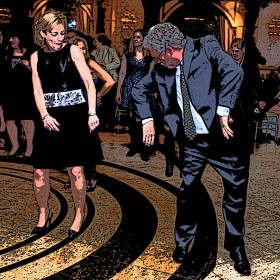 I speak of course, of wines intoxicating capabilities. Wine journalism needs to drop the pretense and acknowledge the existence of alcohol in wine. Just once, I’d like to read a James Laube review that says, “This wine tasted pretty average, but I got hammered and did the robot dance ‘til dawn!”
I speak of course, of wines intoxicating capabilities. Wine journalism needs to drop the pretense and acknowledge the existence of alcohol in wine. Just once, I’d like to read a James Laube review that says, “This wine tasted pretty average, but I got hammered and did the robot dance ‘til dawn!”
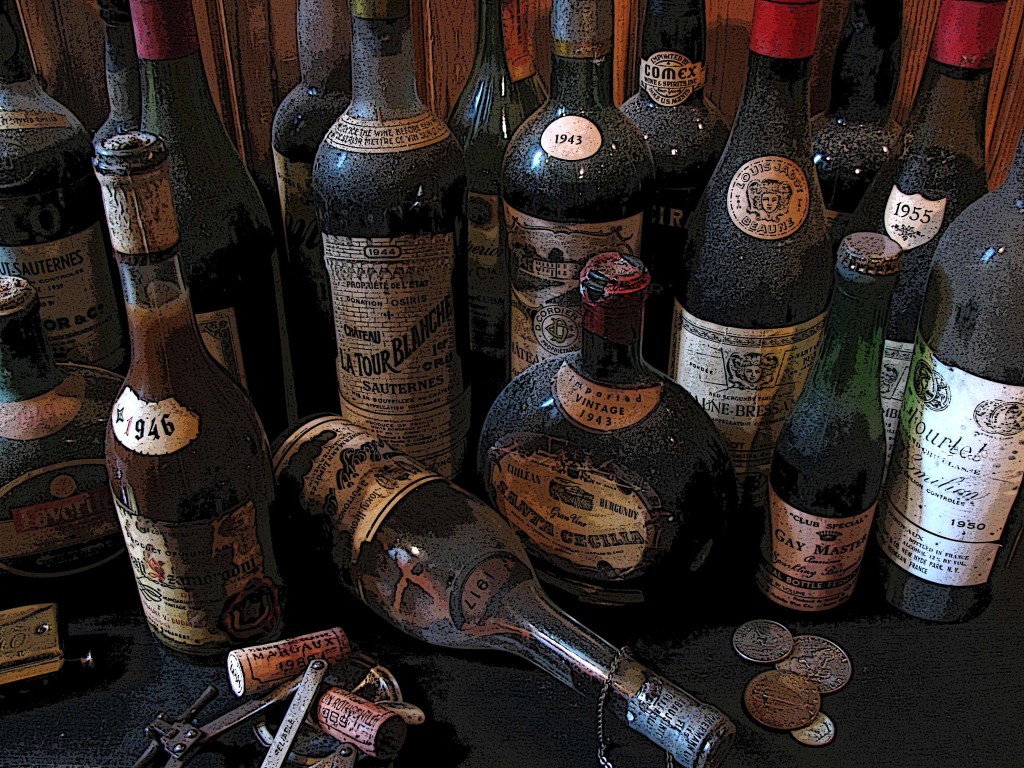

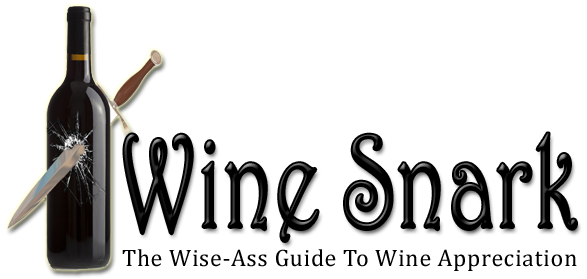

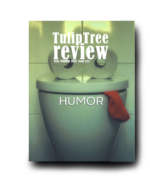
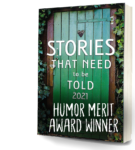
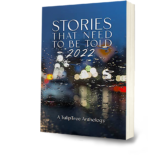
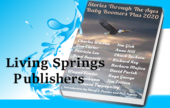
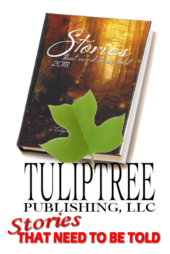












I feel the need to be the first to comment on today’s blog because when I first saw these pictures I tried to locate the originals and destroy them. That is, until I wrote this post I realized I had the perfect imagery to illustrate my point. So I hope you’ll join me in a communal laugh because I assume that you too have some embarrassing pix hidden away in a locked drawer.
This is your best yet in my humble and currently unhammered opinion. I do believe you are on to something with this blog.
Thanks Susan. I’m usually hammered when I write these so your unhammered opinion gives my yin its yang.
Increased wine consumption = decreased inhibition and therefore better dancing….or at least the ability not to care what others are thinking!
Increased wine consumption = decreased inhibition + decreased coordination + loss of memory + ……
Wait, what was I saying?